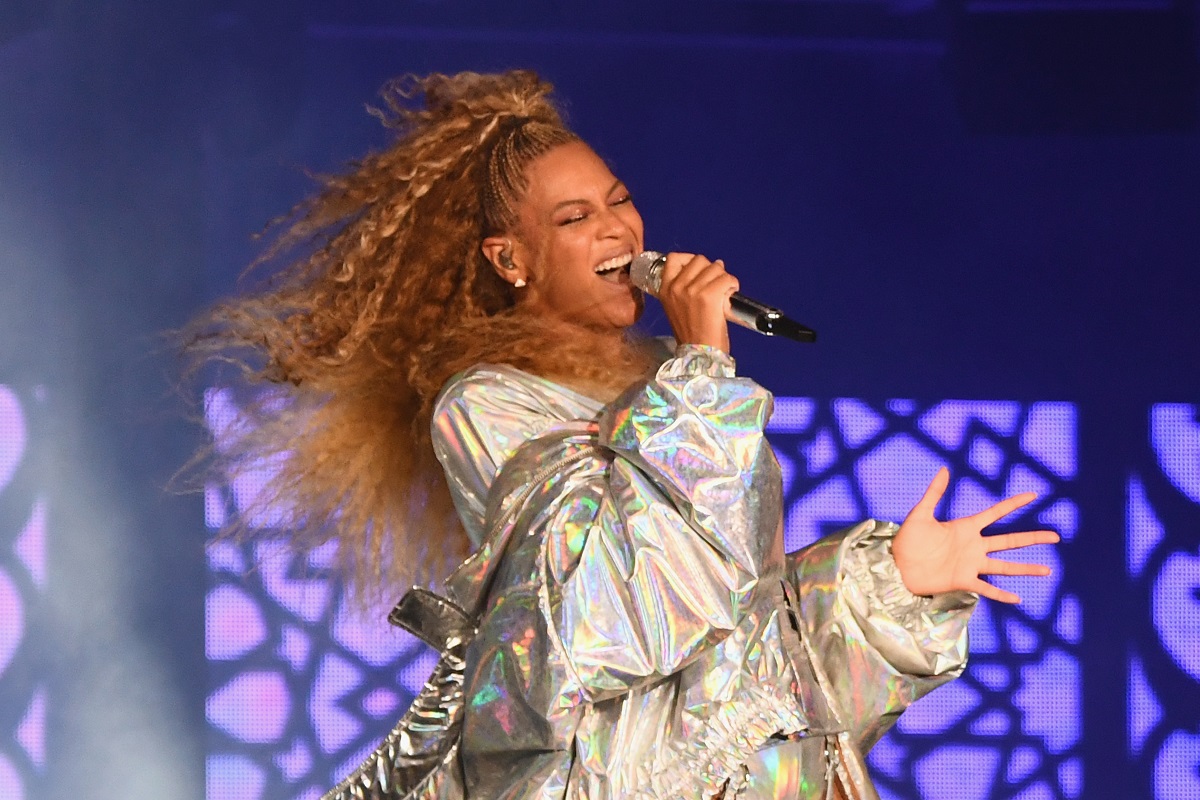NOTE: This story contains offensive language.

After activists online accused Beyoncé of including an “ableist slur” in a song from her latest album Renaissance, the singer announced she would remove the offensive lyric.
The problematic lyric was featured on the album’s 11th track, Heated, which twice contained the word “spaz,” an offensive term for cerebral palsy (also known as spastic diplegia).
“The word, not used intentionally in a harmful way, will be replaced,” a representative for Beyoncé, 40, told Good Morning America on Monday.
In June, pop singer Lizzo faced the same controversy and changed a lyric in her single Grrrls following a backlash from disability activists online.
Lizzo, 34, had also used the word “spaz” in her song, which was later removed.
“Let me make one thing clear: I never want to promote derogatory language,” Lizzo wrote in a statement posted to social media at the time.
“As a fat black woman in America, I’ve had many hurtful words used against me so I understand the power words can have (whether intentionally or in my case, unintentionally).”
One prominent disability activist, Hannah Diviney, wrote an opinion column for Hireup about Beyoncé’s use of the offensive word.
Diviney, who has cerebral palsy, was a leading force in calling out both Lizzo and Beyoncé on social media.
“I thought we’d changed the music industry and started a global conversation about why ableist language — intentional or not — has no place in music,” Diviney wrote of Lizzo’s lyric change. “But I guess I was wrong, because now Beyoncé has gone and done exactly the same thing.”
Diviney also tweeted about the offensive Beyoncé lyric, writing that the word feels like a “slap in the face to me, the disabled community & progress we tried to make with Lizzo.”
Many more disability activists also took to Twitter to share in Diviney’s call for a lyric change.
Others online, however, were quick to defend Beyoncé, claiming “spaz” meant something different in the Black community. Many social media users alleged the word is equivalent to “go crazy” in African American English, or African American Vernacular English (AAVE).
https://twitter.com/_KhadijahBrit/status/1554132357166276608

Get daily National news
Beyoncé’s album Renaissance was released July 29. Spotify announced on Friday that the album became 2022’s most-streamed album in a single day by a female artist.











Comments